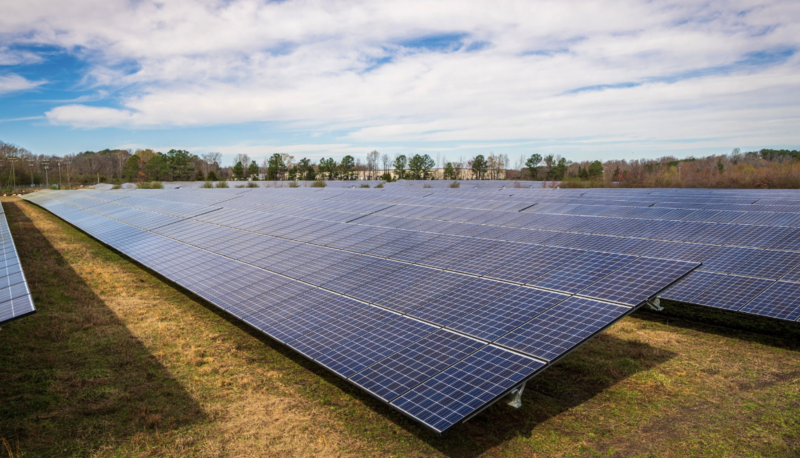New to the list of things Greece is famous for—after (of course) philosophy, souvlaki, and beaches—is solar power. In a new energy deal, Alberta hopes to learn a thing or two.
What happened: Mytilineos, a top industrial and power company in Greece, is launching a $1.7 billion solar energy project in Alberta that it says will be the largest of its kind in Canada. It’s set to power over 200,000 homes and is the latest in a series of renewables contracts.
- The project will tap into one of the sunniest areas in Canada. With enough sunny days to rival Greece, we may as well start calling it the “Sunshine Province,” no?
Catch-up: In 2016, Alberta set out to produce 30% of its electricity through renewable sources by 2030 and is on track to meet that goal. For comparison, 68% of electricity across the country is already generated by renewables, mostly from moving water (aka, hydro).
-
And Greeks know a thing or two about transitioning to clean energy. From 2019 to 2022, the country saw its power generation from renewables hit 46%, up from 29%.
- The country also ranks second in terms of its solar energy production potential worldwide (after Spain) and recently launched a €200 million solar subsidy program.
Why it’s happening: After all, isn’t the US throwing money at renewable energy investment through the Inflation Reduction Act? Beyond incentives offered by Canada and the province, the Mytilineos team said it chose Canada out of comfort, because it “feels more like Europe.”
- The company hasn’t scored reported Stellantis money, but will choose between five years of deferred taxes or a subsidy that will cover 30% of its capital expenditures.
Why it matters: Shifting to renewables matters for the long-term health of Alberta’s energy economy. These days, anyone hoping to call themselves an energy superpower has little choice but to get their feet wet in clean energy.
Yes, but: Investments in solar are not without controversy. It may be one of the fastest growing sources of electricity in Canada, but critics would argue the benefits of solar are hyper-local, the cost of such projects is expensive, and old panels are hard to recycle.—SB
